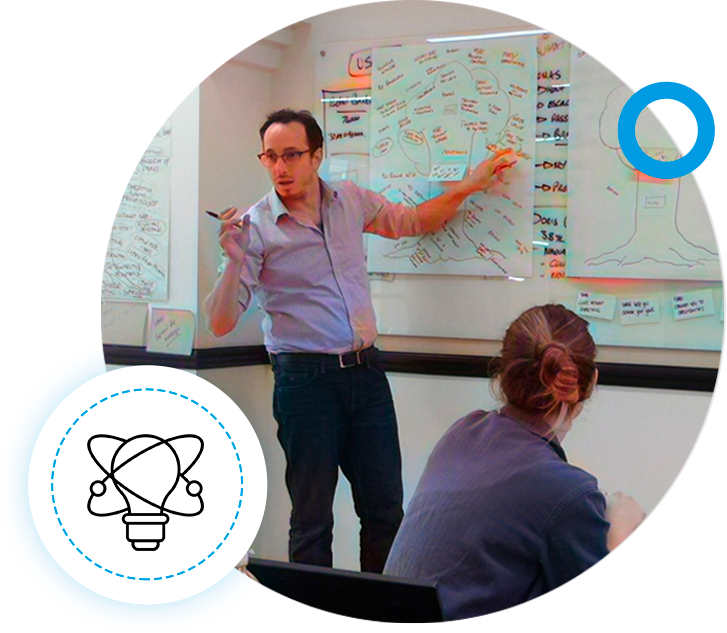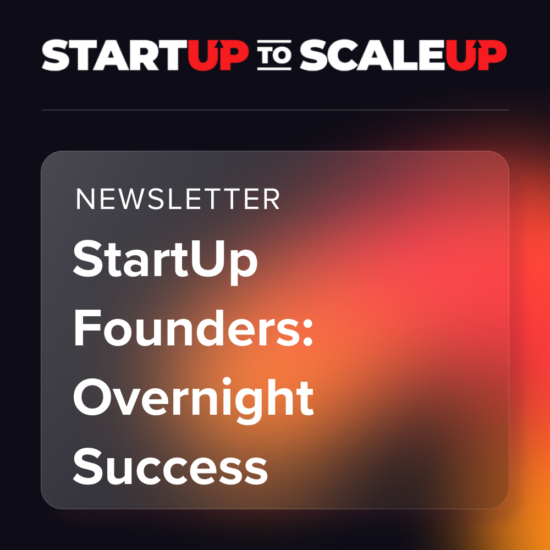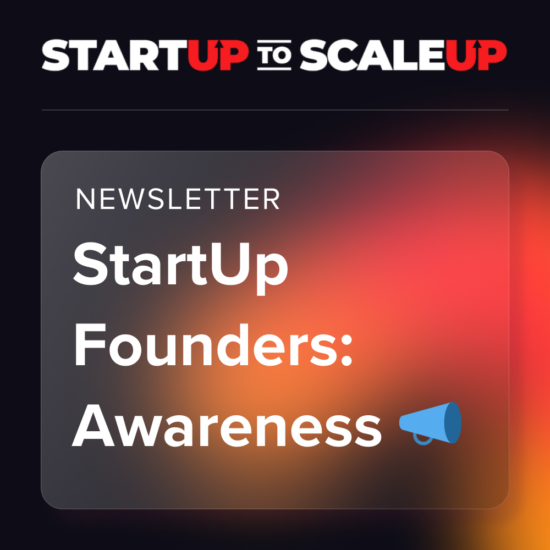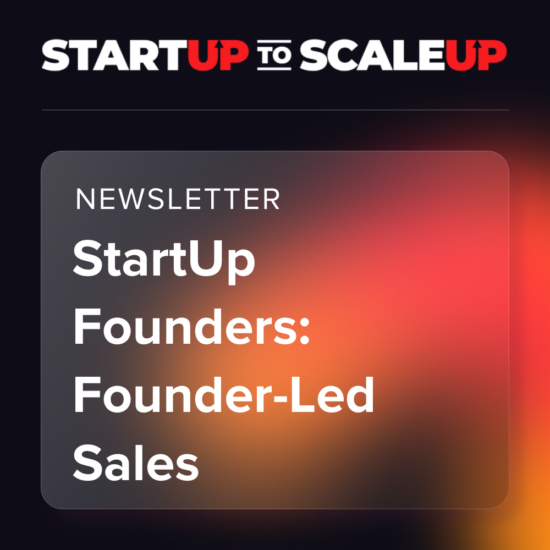Navigating Uncertainty: Lessons for Startup Founders on Crossing the River

Starting a business is like crossing a river. You have to step on each stone to move forward, but you cannot always see where the next stone is. This analogy, famously attributed to Chinese leader Deng Xiaoping, perfectly captures the essence of entrepreneurship. However, while “crossing the river by feeling the stones” is a wonderful strategy approach, it also comes with its own set of challenges that can make the journey difficult for startup founders.
In many ways, the startup journey is defined by uncertainty. Founders often don’t know if their product will succeed, if they will secure funding, or if they will be able to attract customers. It’s a high-risk, high-reward game that requires a tremendous amount of courage, resilience, and perseverance.
To succeed, startup founders must be comfortable with ambiguity and learn to navigate the uncertain waters of entrepreneurship. This requires a deep understanding of their market, a willingness to experiment and iterate, and the ability to make quick decisions with limited information.
One example of a startup founder who embodied the “crossing the river by feeling the stones” approach is Brian Chesky, co-founder, and CEO of Airbnb. In the early days of the company, Chesky and his co-founders faced numerous setbacks and challenges. They struggled to attract investors, faced regulatory hurdles, and had difficulty convincing people to use their platform.
Rather than giving up, Chesky and his team embraced the uncertainty and experimented with different approaches until they found a winning formula. As he said in a 2014 interview with Vanity Fair, “I think the biggest lesson for me was just to keep trying things. Eventually, something will work.”
Another notable example is Jack Ma, the founder of Alibaba. Ma famously failed the entrance exam to university three times and was rejected from dozens of jobs before founding his company. He once said, “If you want to be successful, learn from the other person’s mistakes. Life is too short to make them all yourself.”
Ma’s advice underscores the importance of learning from failure and using setbacks as an opportunity to grow and improve. This approach can be particularly helpful for startup founders, who are likely to face numerous challenges and setbacks on their journey.
However, while the “crossing the river by feeling the stones” approach can be effective, it can also be overwhelming for some startup founders. The constant uncertainty and ambiguity can take a toll on mental health and make it difficult to maintain focus and motivation.
To mitigate this risk, it’s important for startup founders to find a balance between experimentation and strategic planning. While it’s important to be agile and adaptable, founders also need to have a clear vision and strategy for their business. This can help them stay focused and motivated even in the face of uncertainty.
In conclusion, “crossing the river by feeling the stones” is a wonderful strategy approach for startup founders, but it also comes with its own set of challenges. To succeed, founders must be comfortable with ambiguity and uncertainty, embrace failure as a learning opportunity, and find a balance between experimentation and strategic planning. As Brian Chesky said, “The most successful entrepreneurs are not risk-takers, they are risk-managers.” By managing risk and staying focused on their goals, startup founders can navigate the uncertain waters of entrepreneurship and build successful businesses.


